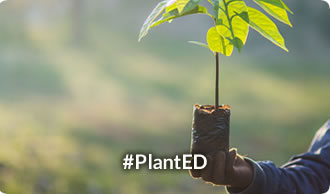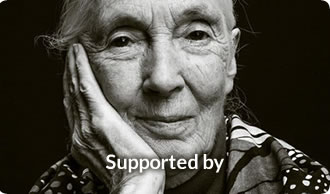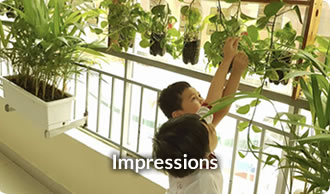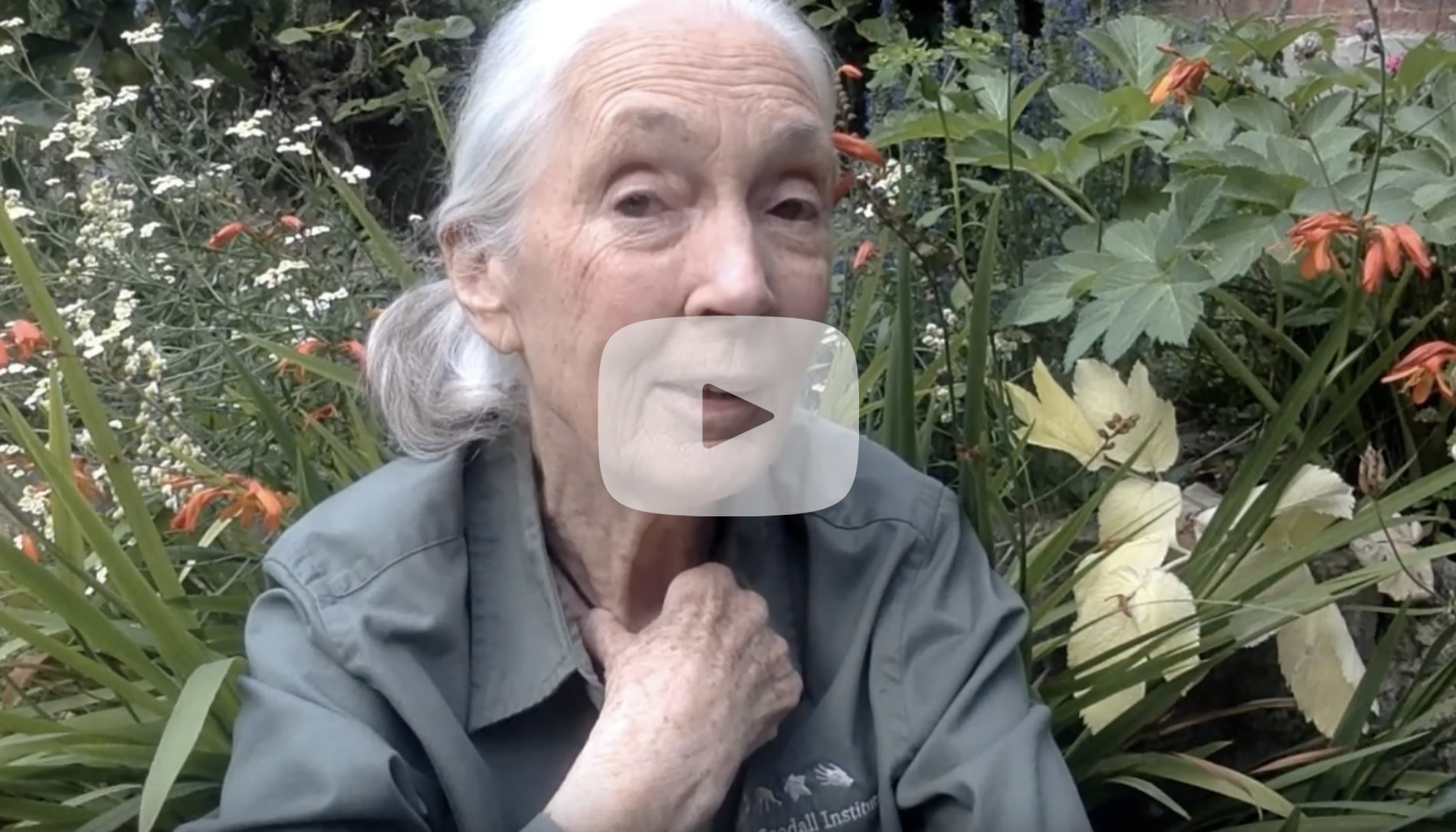3,400,000 students
151 countries
1 mission
Launched on September 25 2023 for the seventh consecutive year. Join Us
Important! We started using a new platform on Sept 1 2023: www.climateactionproject.org
It's easy to get started at the new platform: you simply can sign in with the username or email you have been using on this platform. You can create a new account too.
We made a few tutorials to get you started.
No worries. You can still access your work at the old platform. Sign in here.
Imagine a world in which youngsters across 6 continents connect virtually and solve one of the world's most pressing challenges: Climate Change.
The Climate Action Project is a free 6-week project allowing teachers and students ages 3-21 to collaborate on environmental topics. Over the course of the project, classrooms will explore causes and effects of climate change and will have the opportunity to develop solutions and take action.
Our project unites teachers and students across 149 countries. The Climate Action Project aims to offer opportunities to both teachers and students, allowing them to learn in authentic ways.
This project is supported by Queen Elizabeth II, Dr. Jane Goodall, world leaders and Ministries of Education across 16 countries. During the past years the project was featured by media across 45 countries including National Geographic, BBC and CNN.
Teachers will become part of a global community and receive badges and certificate. The Climate Action Project involves a global tree planting PlantED. Our app allows students and teachers to keep track of their impact.
The project aims to change students' behavior and societies' mindset concerning climate change and environmental threats through education.
6 weeks, free
During 6 weeks students will explore, brainstorm, discuss, create, have fun, connect, present and share their findings via weekly videos.
Future skills
The project targets important skills like Creativity, Empathy, real-world Problem-Solving, Collaboration and Critical Thinking.
Synchronous and asynchronous learning
By watching their peers' videos learning becomes more authentic. During the last week there will be live online interactions and world-renowned experts will share expertise during webinars.
Climate Action Day
We conclude our project with an online event “Climate Action Day” on November 4 with celebrities, world leaders, experts and students
Join Us
Join a global movement and allow your students to have an interaction with peers from accross the world.
Changing our students' mindsets.
6 powerful weeks
Week 1
Causes
Introduction
What is causing Climate Change? How would you define it?
Week 2
Effects
What are the effects of Climate Change?
Launch #plantED initiative
Week 3
Local to Global
What are causes and effects locally and globally? Connecting with students in other countries & continents.
Week 4
Solutions
What are potential solutions? Students try to create prototypes
Week 5
Inter-act!
Students exchange findings during live interactions
Webinars by Experts.
Launch #Mission2Mars
Week 6
Action!
Students take action and bring change at school, home, community, government.
Climate Action Day!
Update
Students
Schools
Countries
7 reasons why Climate Literacy matters
- Direct Impact
Climate education has a direct impact and can lead to a win-win: offering important skills to young people which they’ll need for future jobs, and young global citizens able to reverse climate change (Timmers, 2018). - Most Teachers Don't Teach Climate Change; 4 In 5 Parents Wish Teach Did
86% of teachers and 80% of parents in UK and USA are open to climate literacy (Kamenetz, 2019). - Change through parents
Children can foster climate change concern among their parents. This way they can bring change in society (Lawson, 2019). - Students can't explain climate change
Only 1 in 5 students can explain climate change (OECD, 2006). - Educate girls
There would be 60% less casualties by floodings, draughts, fires if 70% more girls (132 million girls) would receive education by 2050 as there would be 85 gigatons less emissions (Kwauk, 2021) - Lifestyle & consumption
Climate Education has a direct impact on students’ lifestyle and consumption. 78% of students admit already taking small actions at home (Schleicher, 2020). - Big impact
Education has more impact that installing wind turbines (47 gigatons) of solar panels (19 gigatons) (Kwauk, 2021).
Supported by
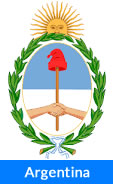









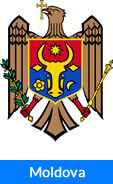





Impact.
Featured by
Covered by national media across 45 countries








